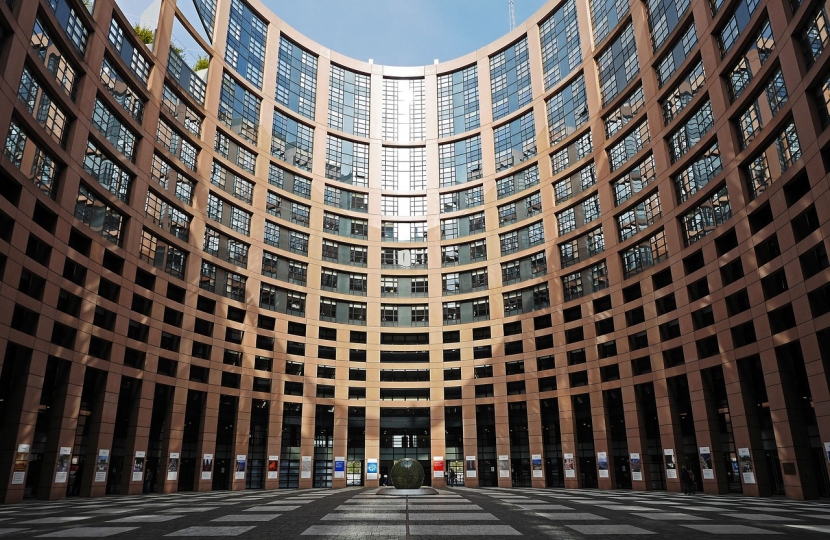
One of the issues in the White Paper "The future relationship between the United Kingdom and the European Union" that many people seem to have a problem with is the Common Rule Book with the EU. The fear is that we will simply accept whatever the EU says. I want to show why this is not the case. To do this I have taken the advice of the Attorney General who is chief legal adviser to the Crown. This is a complex area of international law which I will try to explain.
The Common Rule Book only applies to goods but is part of ensuring that there are no hard borders between Eire and Northern Ireland. A Common Rule Book does not apply to services. It only applies therefore to 20% of our economy.
First, the Common Rule Book will not be applied simply by accepting what the EU says it should. It will require a new treaty which we will need to negotiate, agree and approve through the normal Parliamentary means. This is completely different to the process which applies now to members of the EU and I find it difficult to see how this does not equate to taking back control of our own laws.
The power, for example, that the EU has simply to make laws for the UK would go and rules made by the EU would no longer have automatic effect in UK law. The suggestion that, under this agreement, "it is inevitable that the application of the rules in the UK and UK regulatory bodies would continue to be bound by the decisions of EU bodies in the same way as if the UK were still a member state", is, therefore, inaccurate.
Existing EU Treaties would simply no longer bind the UK, and so the direct effect and supremacy of EU law as we have known it would end. In the future, it would be for the UK to legislate for the Common Rule Book, within our own system.
The European Court of Justice (ECJ) would have no jurisdiction over the Common Rule Book and it would not be possible for UK courts to refer matters to the ECJ for reference. Our courts would pay due regard to the case law of the ECJ to ensure consistent interpretation and application of the Common Rule Book, but they will not be bound to refer matters of principle to the ECJ as before.
Disputes would be heard by an independent arbitration panel which is something I have long promoted in law. A matter could only be referred to the ECJ by mutual consent but it could not resolve the dispute. The ECJ can only bind the EU on the interpretation of EU law, not the UK, and has to respect the principle that the court of one party cannot decide disputes between the two.
If we diverged from the Common Rule Book there would be no sense in which the EU could impose disproportionate measures for this divergence. That would mean that, if it were in the UK's national interest, we could choose to diverge from the rule book and incur only proportionate consequences.
I hope this makes the position clearer.

